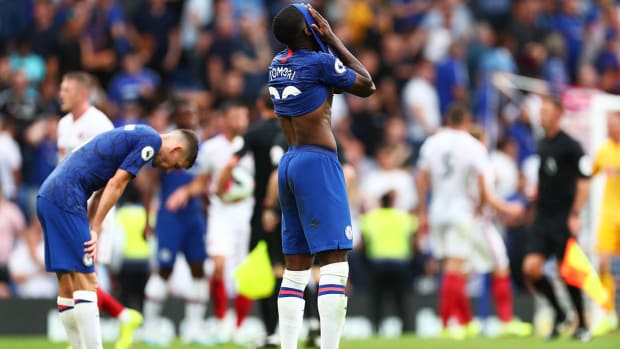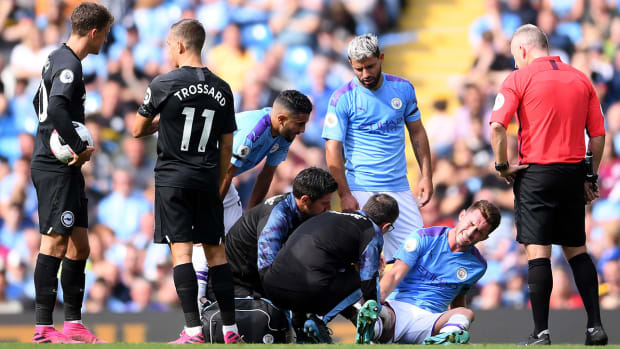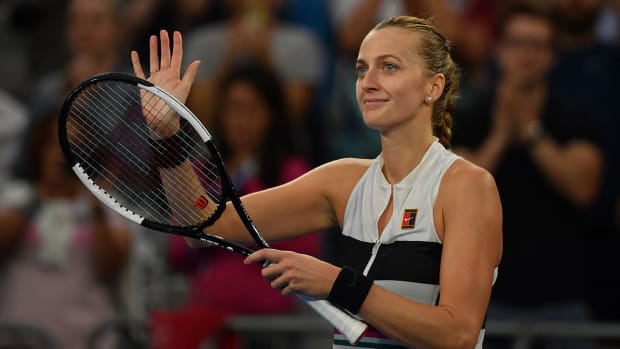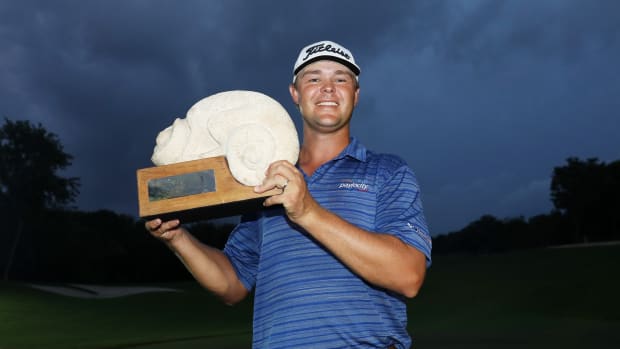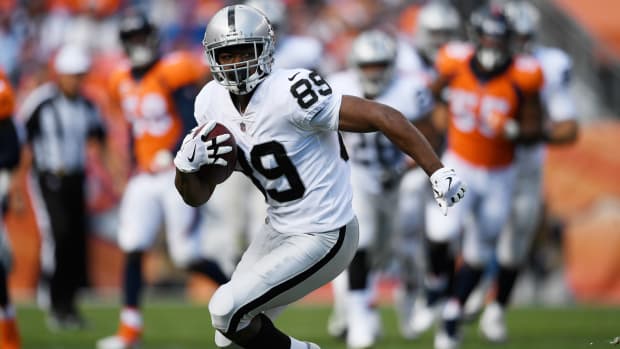Russian U17s ready to play in tourney after abrupt change
GRAND FORKS, N.D. (AP) A group of younger replacements for a Russian junior hockey team that backed out of a world tournament amid a global doping controversy said Wednesday they are upset for their older colleagues and expect to play well in their absence.
The Russians at the last minute pulled their squad for the International Ice Hockey Federation U18 tournament in North Dakota over fears that some of the players could test positive for meldonium, which was widely used a supplement in Russian sports before it was banned this year. The country sent most of its under-17 team in its place.
Defenseman Mikhail Sergachyov said he feels ''sad and bad'' for the players who were left in Russia. He said his U17 team is competitive and won't use age as an excuse.
''Everybody on this team is going to show themselves. We're going to do our best,'' ''Sergachyov said after Wednesday's practice at the Ralph Engelstad Arena, home of the national champion University of North Dakota hockey team. ''We are not going to lose every game because we are a (under-17) team. No way. We're competitive and we're ready to go.''
The U18 hockey team was one of several national teams forced to withdraw from major competitions because of the risk they could test positive for meldonium. The drug meant for patients with heart disease was widely used as a supplement in Russian sports but was banned for 2016. Several top Russian athletes, including tennis star Maria Sharapova, have tested positive.
Earlier Wednesday, the World Anti-Doping Agency, citing a lack of scientific evidence on how long the drug stays in the system, said that provisional suspensions can be lifted if it is determined that an athlete took meldonium before it was placed on the list of banned substances on Jan. 1. Preliminary results of studies at WADA-accredited laboratories show that long-term excretion of meldonium can take weeks or months.
Sergachyov, who honed both his hockey and English-speaking skills playing junior hockey in Ontario, said it was especially shocking for him because he knows most of the under-18 players.
''It was a huge deal. They were surprised,'' he said. ''I cannot be happy that I'm here and they're not here. I am just going to play my game.''
Russian Sports Minister Vitaly Mutko said in comments reported earlier by the state news agency Tass that some of the U18 players had taken meldonium while it was still legal but that Russian officials feared it could have remained in their bodies.
''If an athlete or a group of athletes took it in October or November, we don't know if it'll be found or not (in testing),'' Mutko said. ''We're minimizing risks.''
Russia coach Sergei Golubovich said through an interpreter that the U17 players probably haven't grasped the magnitude of the situation.
''I'm pretty sure they will understand this whole thing right after the start of the first game,'' Golubovich said. ''They were upset for the players who won't play in this tournament, but still they've got the chance to play for the whole Russia.''
The Russians open pool play Thursday against the United States, which is considered a favorite in the tournament. U.S. coach Danton Cole said the switch in Russian rosters has not changed his team's preparation.
''Ninety percent of what we do is how we play,'' Cole said. ''It doesn't change a heck of a lot. We'll have a little film on (the Russian U17 team), not a whole lot, but we'll have to go out there and take care of our business, make sure we have energy, we're reading the game right and we'll be fine.''
Sergachyov smiled when asked if the extra year between the Russian players and most other players in the tournament would be a major factor.
''I don't think there is a big difference,'' he said. ''But there is a difference.''
